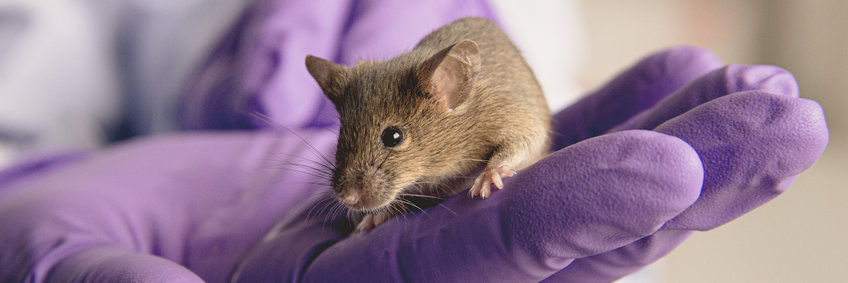
Animal Welfare & Culture of Care
At MPI-IE we take our responsibility towards animals very seriously and constantly try to adapt husbandry conditions and experimental methods in the interests of excellent research and animal welfare. A shared Culture of Care is the key to this.
Training & further education
The basis for optimal care of the animals is, of course, comprehensive training and qualification of our animal care staff. In-house and IHK-certified training with animal care masters and training officers as well as constant further training measures contribute to this.
The management of the animal facility is in the experienced hands of veterinary surgeons, who ensure that only animal caretakers and experimenters with adequate expertise work with the animals. Everyone working with vertebrates at the Institute has attended a qualifying and officially recognised course. The courses teach the competent handling of the animals and the necessary experimental techniques, as well as comprehensive knowledge ranging from anatomy to hygiene and pain recognition.
Current projects to improve animal welfare
We are constantly trying to improve and implement gentler methods in animal husbandry and experimentation, e.g.:
- Switching to modern inhalation anaesthesia.
- Refining surgical methods and pain management to reduce post-operative distress
- Gentle handling of the mice

